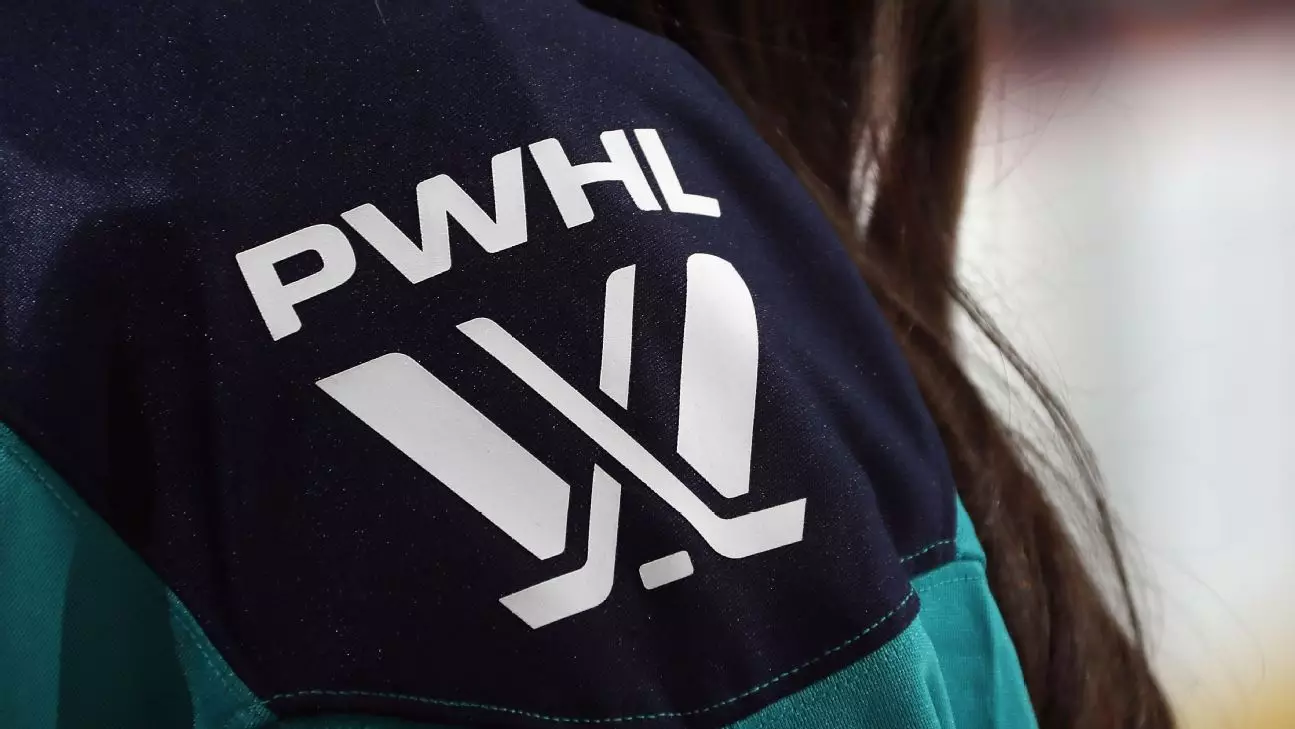This week, the Professional Women’s Hockey League (PWHL) will make a groundbreaking announcement that will undoubtedly resonate across the sports landscape. The decision to establish an expansion team in Vancouver not only exemplifies the league’s commitment to growing women’s hockey but also signifies a broader cultural shift toward inclusivity and recognition of women’s athletic talent. Scheduled for a media event next Wednesday, this announcement is more than just the formation of a new team; it symbolizes a monumental leap forward for women’s sports in Canada, and indeed, across North America.
Vancouver: A Perfect Fit for Expansion
Vancouver’s selection for the PWHL’s inaugural expansion is a logical move, driven by multiple factors that align perfectly with the league’s criteria for growth. The city boasts a vibrant sports culture and an increasingly engaged fan base for women’s hockey. Earlier this year, a PWHL neutral site game held in Vancouver attracted a stunning 19,038 spectators, underscoring the strong local interest. This not only illustrates the potential for fan support but emphasizes a solid foundation for nurturing young female talent within the sport.
Moreover, the historical significance of the Pacific Coliseum—once home to the NHL’s Vancouver Canucks—adds an extra layer of prestige to this new franchise. It signals a bold return to high-caliber women’s hockey in a venue that has long been associated with significant moments in sports history. For local hockey fans, this is a chance to be part of a new chapter, one that champions equality and showcases female athletes on a prominent platform.
Strategizing an Expanded Reach
The PWHL’s expansion initiative is not solely about adding another team; it’s a strategic effort to broaden the league’s geographic footprint. Currently, the PWHL’s teams are predominantly located in the northeastern United States and in St. Paul, Minnesota. By introducing a franchise in Vancouver, the PWHL aims to tap into the untapped potential of the West Coast market, which is ripe for growth. Plans for a second expansion team in Seattle align with this vision, given that both cities are separated by just a short distance and boast existing professional women’s sports teams, such as the WNBA’s Storm and the NWSL’s Reign FC.
This proximity not only fosters regional rivalries that can energize the local fanbase but also enhances the league’s overall visibility. Still, the PWHL has wisely considered other options, such as Denver and Detroit, to ensure that the expansion strategy remains robust and adaptable. With over 1 million attendees across its events this season, the PWHL is clearly tapping into a hungry market, and expanding its reach effectively could be vital for sustaining momentum.
Challenges Amidst Opportunities
However, the path to growth is not devoid of challenges. The PWHL must navigate the complexities of setting up a new franchise, including attracting sponsorships, building a competitive roster, and ensuring operational stability. As the league aims to establish itself firmly in these new markets, it must also keep an eye on emerging competitors that may attempt to launch rival leagues in the West Coast territories. Maintaining the integrity of the PWHL while navigating these waters will require shrewd decision-making and a unified vision from its leadership, including backers like Dodgers owner Mark Walter and tennis icon Billie Jean King.
Additionally, as women’s sports face various historical inequalities, the PWHL stands at the forefront of a movement that advocates for equitable treatment and respect. The league’s success could pave the way for a future where women’s hockey is treated with the same reverence as its male counterpart. As such, the announcement in Vancouver serves as a crucial pivotal point—not just for the league but for women athletes everywhere, signifying that their time is now.
The PWHL’s upcoming Vancouver expansion is much more than the formation of a new hockey team; it’s a crucial development in the evolving narrative of women in sports. As the league prepares for this historic moment, it underscores the significance of regional support, strategic growth, and the enduring power of female athletes.

